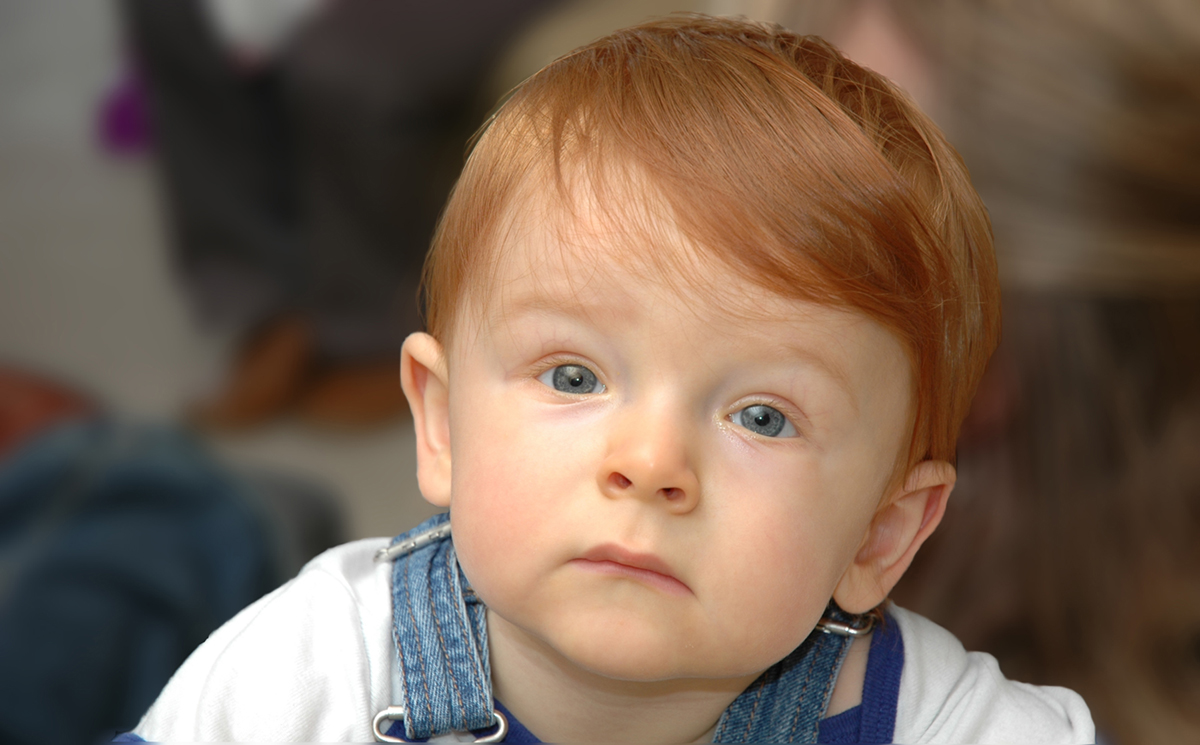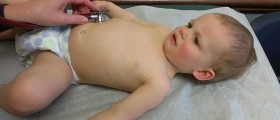
Vomiting in children can occur for different reasons, ranging from benign infections to more serious conditions, and if accompanied by a headache, lethargy, and neck stiffness, it may indicate meningitis. If the child continues to expel bile-stained substance and has abdominal pains, this could be the case of appendicitis. Still, most of the time, vomiting comes as a result of viral infections of digestive or respiratory tract. Main concern of vomiting is that it may lead to dehydration, which usually occurs if the child has been sick over 48 hours. The best treatment is to change the child’s diet temporarily.
Other useful tips are provided below:
Resting the stomach for a few hours is essential, and if the child feels sick and doesn’t want anything to drink, the parents should not insist. Electrolyte solutions available at pharmacies should be applied to avoid dehydration and hospitalization. Infants should be fed with 5 cc’s of the solution every five minutes, while older children can have the same amount every minute, and this should be continued for 4-6 hours. After the vomiting stops, children ages 1-5 can take one tablespoon of solution every ten minutes, while school-going children can have one ounce every ten minutes. After vomiting ends, fluid and electrolyte replacement start along with the intake of liquids, and then chicken soup, fruit syrups, and even fruit-flavored lollipops and popsicles, which make children thirsty and asking for more liquids, are recommended. Solid food is not recommended for the first 12 hours. Dry toast, honey on white bread, salty crackers, baked potato, bananas, refined cereal or pasta are the first choice when the 12 hours have passed. Fresh fruit and vegetables, dairy, fatty foods and coarse cereals are not advised until the child is completely well. Infants should be treated with special care after vomiting, while it is recommended that breast-fed babies receive smaller and more frequent nursing. With persistent vomiting, the child should be given water or electrolyte solution. Four hours after vomiting stops, infants can go back to smaller amounts of mother’s milk, and to normal feeding routine eight hours after the vomiting stops. Since most oral medication can irritate the stomach, it should be discontinued until the vomiting stops, while fever can be relieved by using acetaminophen suppositories.A pediatrician should be consulted before any of these treatments are introduced, which also applies in cases of dehydration indicated by dry and cracked lips, dry mouth, sunken eyes, weight loss of over 5% of the child’s weight, dark and smelly urine. If symptoms don’t improve after diet therapy, or if the child acts unusually or vomiting persists the doctor must be called.










_f_280x120.jpg)






Your thoughts on this
Loading...